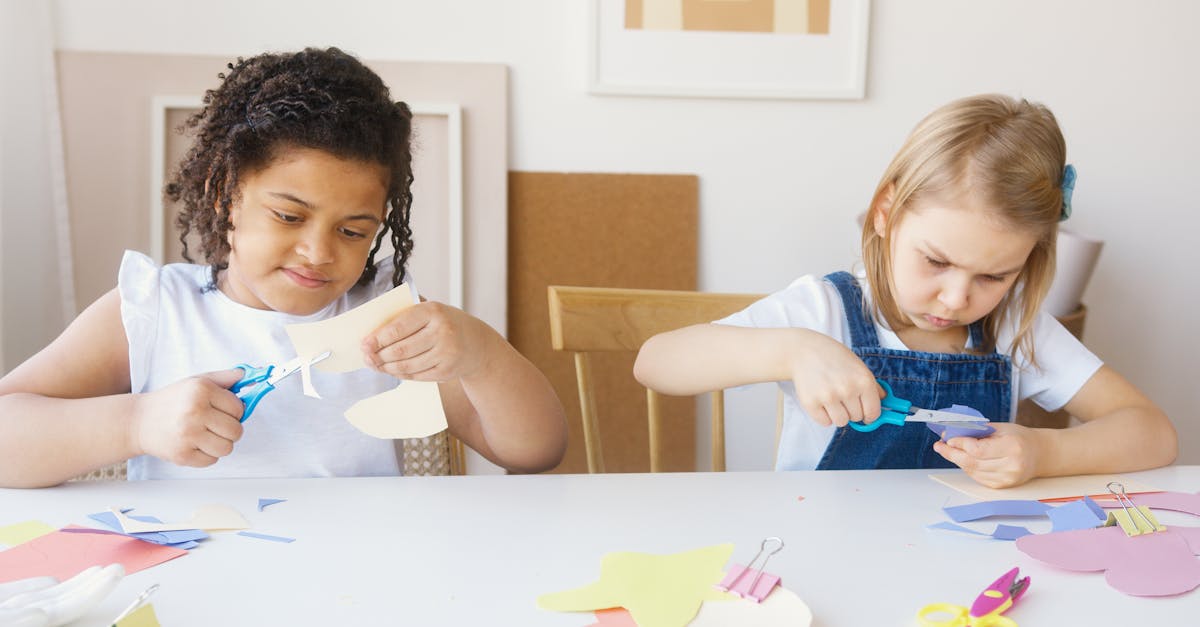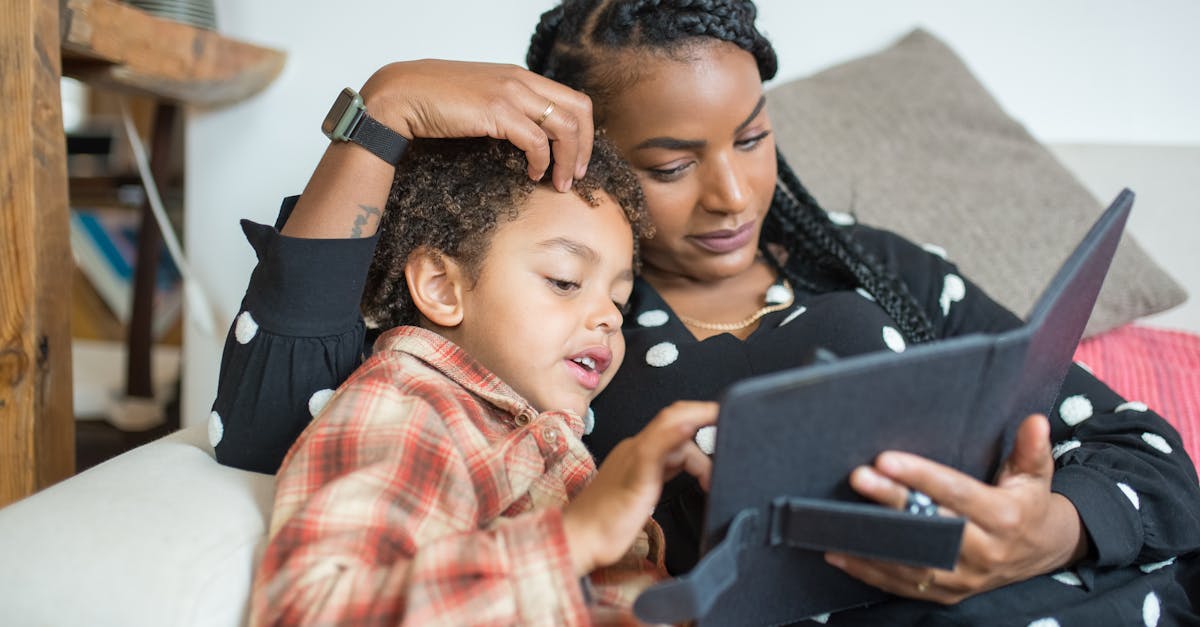AI as a Homework Helper
Homework time can be a battle. Ever felt like your brain might explode from explaining the same math problem for the hundredth time? Here’s where AI like ChatGPT steps in! It’s like having a tutor on call—only it doesn’t get tired. ChatGPT can break down complex topics into bite-sized, easy-to-understand pieces, helping your child grasp them better. Imagine having an always-patient teacher who doesn’t roll their eyes! Plus, it can provide real-time feedback, which accelerates their learning. And hey, less homework stress means more family fun time. Win-win, right?
 * *
* *
Boosting Creativity with AI
Kids have wild imaginations, sometimes too wild (cue the magical unicorn stories). AI can fuel this creativity even more. ChatGPT can help kids brainstorm ideas for school projects, write stories, or even compose poems. It learns from the prompts given and can provide suggestions that get those creative juices flowing. Your child can create a fantasy world or solve a mystery, all with a little digital help. Remember, the goal isn’t to replace their imagination but to inspire and expand it! Trust me, you’ll have more refrigerator-worthy art in no time.
Enhancing Learning through AI Interaction
Interactive learning is the future. Think of ChatGPT as a conversation partner who knows a lot about history, science, and pretty much any other subject. By engaging in discussions with your child, it can make learning more dynamic and less monotonous.
When children ‘talk’ to AI, they learn to articulate their thoughts better. This interaction can reinforce what they learn in school but in a more relaxed and engaging manner. Plus, they might even start asking ChatGPT questions they wouldn’t feel comfortable asking in class. Who knew learning could be this fun?

AI’s Role in Emotional Well-being
Being a kid is tough, but imagine having an AI friend always ready to listen—and offer encouragement. ChatGPT can help kids express their feelings by engaging them in conversations about emotions and coping strategies. It’s like having a diary that talks back (but in a good way). While it’s not a substitute for human interaction and real friendships, it can be a useful tool in teaching emotional intelligence. However, always keep an eye on these interactions to ensure they remain positive.
 **Key Takeaways:**
**Key Takeaways:**
- AI can support emotional well-being by providing a listening ear and offering encouragement.
- ChatGPT helps kids express their emotions and learn coping strategies.
- It’s essential to monitor AI interactions to ensure they are positive and beneficial.
Fostering Independent Learning Habits
Let’s be real: we all want our kids to be self-starters. AI can help foster these independent learning habits by providing the right amount of challenge and support. ChatGPT can guide children through lessons, offer tips for improving study habits, and suggest resources without hovering like a helicopter parent. This encourages them to take ownership of their education. Bonus: parents get a bit of a break too! Cultivating independence is key, and with AI’s assistance, your child may well become the next Einstein—or just really good at algebra.

In today’s fast-paced world, developing independent learning skills is crucial. With AI as a tool, children can explore subjects at their own pace, delve deeper into areas of interest, and build problem-solving skills.
Ensuring Safe AI Use
But wait, before you let your child loose with ChatGPT, safety first! Always ensure to set boundaries and monitor interactions. Encourage open conversations with your child about their experiences using AI. Teach them what’s appropriate to share and what’s not. Being aware of potential risks and setting clear guidelines will keep the AI experience positive and productive. Technology can be a wonderful tool, but like anything else, it needs to be used wisely. So go ahead, dive into the AI world—but make sure your life jacket is on!

